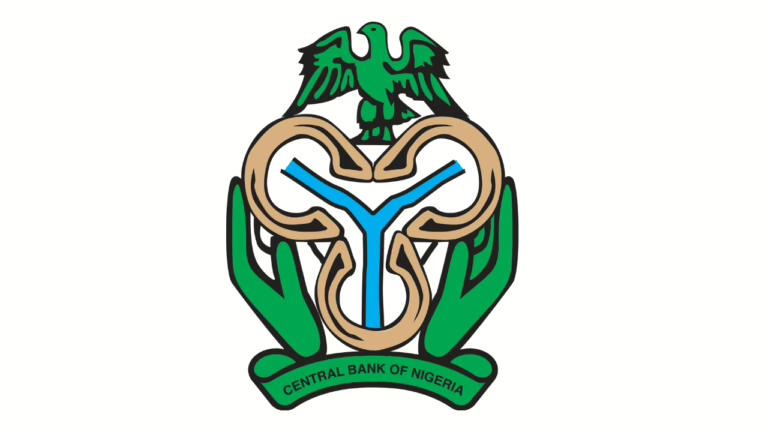The Central Bank of Nigeria (CBN) has reaffirmed its positive outlook on the nation’s macroeconomic stability, emphasizing that its recent 50 basis point reduction in the Monetary Policy Rate (MPR) is intended to foster economic expansion without compromising the naira’s exchange rate stability.
In a discussion on TVC, Dr. Victor Oboh, the apex bank’s Monetary Policy director, clarified that this rate adjustment aims to lower borrowing expenses for small enterprises and households. He highlighted that Nigeria’s robust foreign reserves and steady exchange rate serve as safeguards against potential capital outflows.
Additionally, Dr. Oboh mentioned new regulatory steps, such as imposing a 75 percent Cash Reserve Ratio (CRR) on public sector deposits outside the Treasury Single Account (TSA). This measure is designed to absorb surplus liquidity that might otherwise trigger inflationary pressures.
“We anticipate that the 50 basis point cut will have a meaningful effect on the real economy by reducing borrowing costs and channeling credit towards sectors that drive growth. Small businesses and similar ventures stand to gain significantly from this policy,” he stated.
Addressing fears that monetary easing could destabilize the naira, he reassured that the currency remains strong, supported by over $43 billion in foreign reserves, stable exchange rates, narrowing gaps between official and parallel market rates, and steady capital inflows from remittances and investment portfolios. “Our economic fundamentals are solid, and we do not foresee any negative consequences for the naira from this rate cut,” he affirmed.
Regarding inflation control amid the rate reduction, Dr. Oboh pointed to complementary fiscal and structural initiatives, including boosting agricultural productivity, enhancing security in farming regions, and fostering competition in the downstream petroleum sector, all contributing to lower transportation costs.
“The upcoming harvest season is expected to ease inflationary pressures further. The current rate environment continues to attract foreign portfolio investments and remittances, ensuring ample liquidity in the foreign exchange market. Therefore, the rate cut should not undermine the naira’s strength,” he added.
On the rationale behind the 75 percent CRR on non-TSA public deposits, he explained, “This policy is crucial for managing excess liquidity that could otherwise fuel inflation. While these measures support economic recovery, we remain vigilant about inflationary risks.”
Recognizing that households facing high living expenses might not immediately feel relief, Dr. Oboh emphasized that the monetary transmission mechanism is already in motion. “Lowering the MPR reduces banks’ funding costs, which should translate into cheaper loans for consumers and businesses. This reduction in borrowing costs can decrease production expenses, leading to lower prices and enhanced purchasing power, thereby easing the cost of living,” he elaborated.
Dr. Oboh also linked the CBN’s policy shift to a broader global trend of monetary easing. He referenced recent rate cuts by the US Federal Reserve and the Bank of Ghana-where the latter reduced its MPR by 300 basis points-as examples of central banks worldwide prioritizing economic growth and employment amid easing inflationary pressures.
“The Monetary Policy Committee (MPC) carefully considered international developments, including global trade tensions and tariff uncertainties. As the governor noted, we remain cautious about global dynamics. The MPC also took into account recent monetary policy moves by other central banks. Many are lowering rates to stimulate growth and job creation. Our rate cut aligns with this trend and will not deter capital inflows, given Nigeria’s relatively high and attractive interest rates,” he concluded.



















